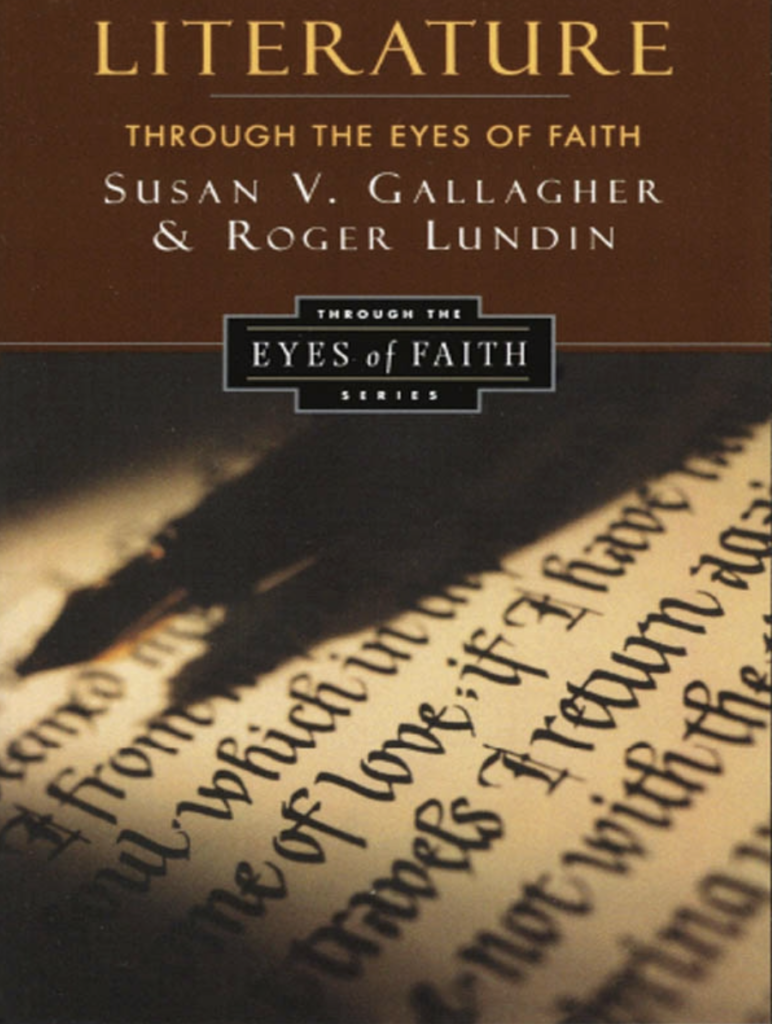Matthew 16:3 “You know how to interpret the appearance of the sky, but you cannot interpret the signs of the times.”
The Pharisees indicted in the passage above have two interpretive problems: scope and application.
First, their scope is limited. They can interpret things well as far as weather goes, but they get caught up in the clouds and can’t think of anything more than if they will get caught in the rain this afternoon. Ultimately, the weather is less important than their soul.
Second, they fail to apply their interpretations. They think of themselves as pragmatic but in hurrying to apply a small reading they miss the broader application of the interpretive principles they’ve used. If you’ve got a high-powered laser, it seems a shame to use it to engrave your name on a penny.
In this way, their problems of scope and application are connected.
This is convicting. I already spend an inordinate time reading and writing, and it feels like a lot of the time when I’m not reading and writing, I’m thinking about how to get more time to read and write.
So, in this verse I hear Christ tell me:
“You know how to interpret Henry James’s The Portrait of a Lady, but you cannot interpret the needs of your own wife and child.
“You know how to interpret what the literary analysis paper from your student in a 9am literature class needs, but you cannot interpret the clear command to pray without ceasing.
“You know how to interpret the theme of addiction as worship in post-modern literature, but you cannot interpret your own restless heart.”
God, have mercy on me a sinner.


